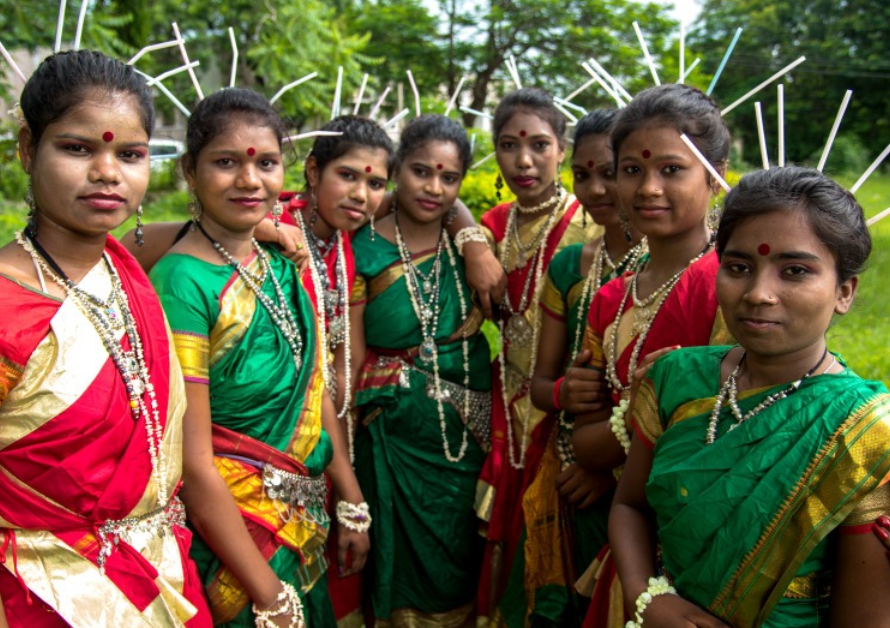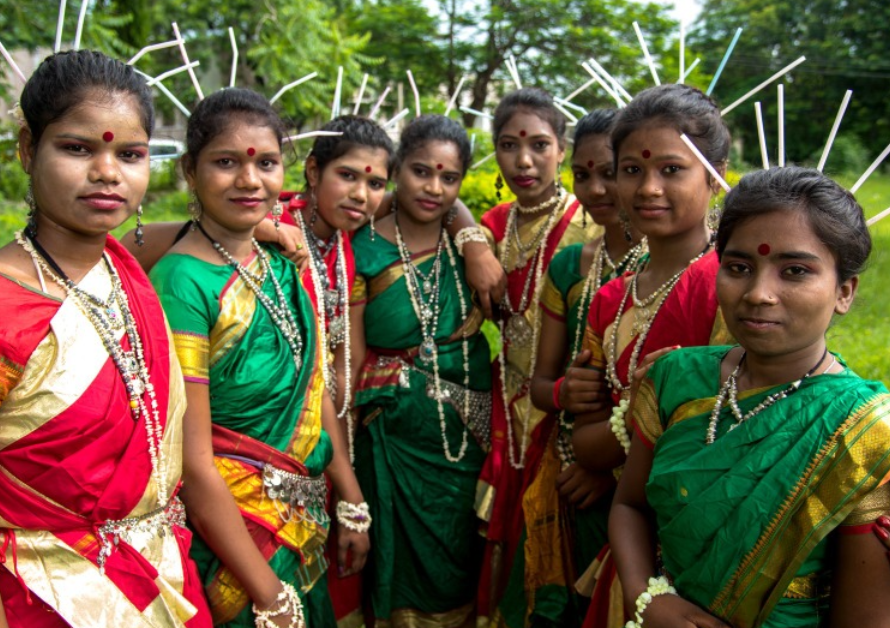Temple Taxation and Control:
Temples like the Tirupati Balaji Temple and Sabarimala Temple generate enormous revenue, much of which is diverted to state coffers. Meanwhile, mosques and churches remain tax-exempt and autonomous. For instance, in Tamil Nadu, over 47,000 temples are under government control, with funds often being misused.
Disproportionate Religious Education Policies:
The Right to Education Act (RTE) mandates that only Hindu schools follow stringent rules, leading to the closure of thousands of schools due to financial burdens, while minority-run institutions are exempt. This has weakened the spread of Hindu cultural education.
Rising Cases of Jihadist Activities
Love Jihad:
Numerous documented cases, such as the Hadiya Case in Kerala, highlight instances where Hindu women were allegedly lured under false pretenses into religious conversions. Similar reports from Uttar Pradesh, Karnataka, and other states further reinforce this issue.
Attacks on Festivals:
In Rajasthan’s Karauli district (2022), a Hindu New Year procession was attacked, leaving many injured. Such incidents have been reported nationwide, disrupting religious celebrations.
Global Context and Local Parallels
Radicalization Leaks:
During recent raids on organizations like PFI (Popular Front of India), authorities uncovered plans for destabilizing India and converting it into an Islamic state by 2047. The confiscated documents revealed large-scale recruitment and armament plans.
Global Examples:
Israel: Faced with existential threats, Israel has implemented stringent border security, intelligence gathering, and counter-terrorism strategies.
France: After a series of radical Islamist terror attacks, France has banned burqas in public and dissolved radical organizations under its secular laws.
Next Steps
Building Hindu Unity
Eradicate Internal Divisions:
Initiate campaigns to address caste-based and linguistic divides among Hindus. Promote the message that the survival of Hinduism depends on unity. Organizations like the RSS and VHP can lead grassroots-level awareness programs.
Cultural and Religious Education:
Revive Vedic education in schools and colleges, promoting awareness of Sanatana Dharma. Push for reforms to ensure equal treatment of all religious institutions in taxation and administration.
Countering Radicalization and Extremism
Strengthening Legal Frameworks:
Enact a nationwide anti-conversion law to curb forced conversions.
Enforce uniform civil laws to eliminate practices like polygamy that are exploited by certain groups.
Mandate monitoring of funds flowing into religious institutions to prevent radicalization.
Public Awareness Campaigns:
Educate people about the dangers of radical ideologies through media, seminars, and social platforms. Platforms like Jaipur Dialogues can expand their outreach to highlight these issues.
Policy Advocacy and Governance
Temple Autonomy:
Advocate for laws to return temple administration to Hindu trusts and ensure funds are reinvested into Hindu community welfare.
Educational Reforms:
Introduce balanced curriculums that teach the history and values of Hinduism alongside other faiths, promoting genuine secularism.
Leveraging Media and Technology
Fact-Checking Platforms:
Establish fact-checking portals to debunk anti-Hindu propaganda in mainstream media and social platforms.
Digital Outreach:
Launch apps and websites to educate youth about Hindu history, culture, and achievements. Initiatives like the Dharmic Warrior app can inspire pride and responsibility among younger generations.
Collaboration with Global Allies
Learn from nations like Israel and France to counter threats. Collaborate on counter-terrorism strategies and share intelligence on global radicalization networks.
Examples of Positive Initiatives
Uttarakhand’s Anti-Conversion Law:
The state enacted stringent laws to prevent forced conversions. Similar efforts can be replicated nationwide.
Kashi Vishwanath Corridor Development:
Under PM Modi’s leadership, this project revitalized a historic Hindu shrine while promoting cultural tourism and pride.
Ban on PFI:
The government recently banned the Popular Front of India, cutting off a key organization suspected of fostering extremism.
Ayodhya Temple Construction:
The Ram Mandir initiative is a symbol of Hindu resurgence and unity, inspiring millions to reconnect with their roots.
Action Plan for Individuals and Communities
Educate Yourself and Others:
Learn about challenges and historical context. Spread awareness in your family, community, and social circles.
Support Pro-Hindu Organizations:
Donate time, skills, or funds to groups working toward Hindu unity and cultural preservation, such as the National Hinduism Board.
Engage in Politics and Governance:
Vote for leaders and parties that prioritize national integrity and Hindu welfare. Advocate for policies that ensure equal rights for all communities.
Celebrate and Protect Festivals:
Actively participate in Hindu festivals and cultural events to foster pride and unity. Ensure these events are peaceful and inclusive, countering negative stereotypes.
Stand Against Injustice:
Report incidents of violence or discrimination and support victims. Use legal channels to address grievances and ensure justice.
By uniting and taking decisive steps, Hindus can safeguard their heritage and contribute to building a stronger, more secure, and prosperous India. As Swami Vivekananda said, “Arise, awake, and stop not till the goal is reached.”







